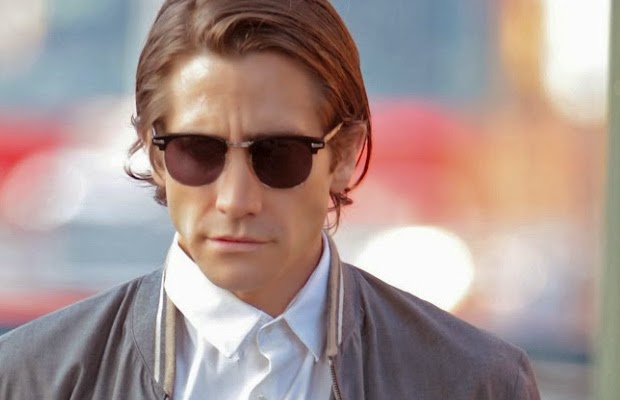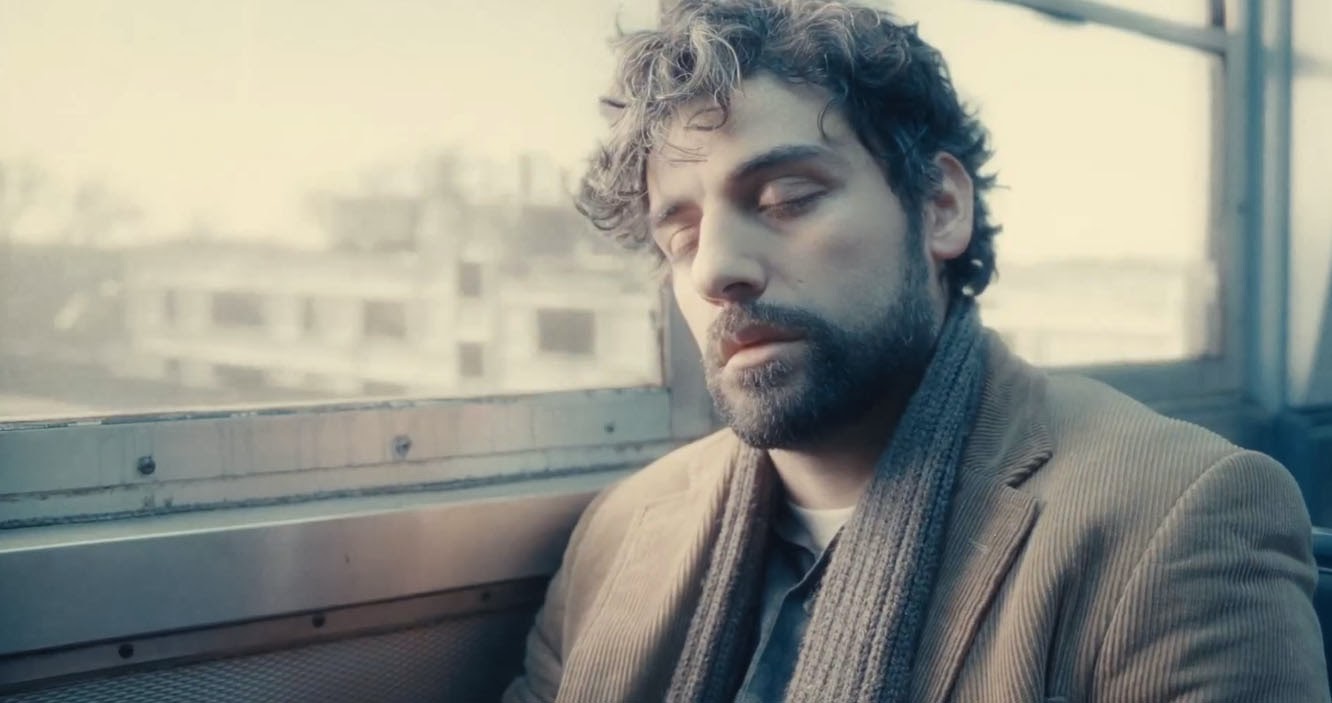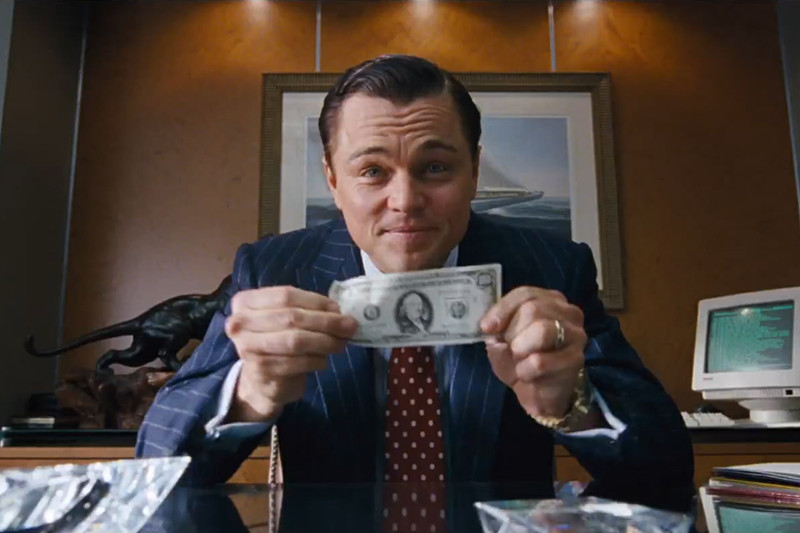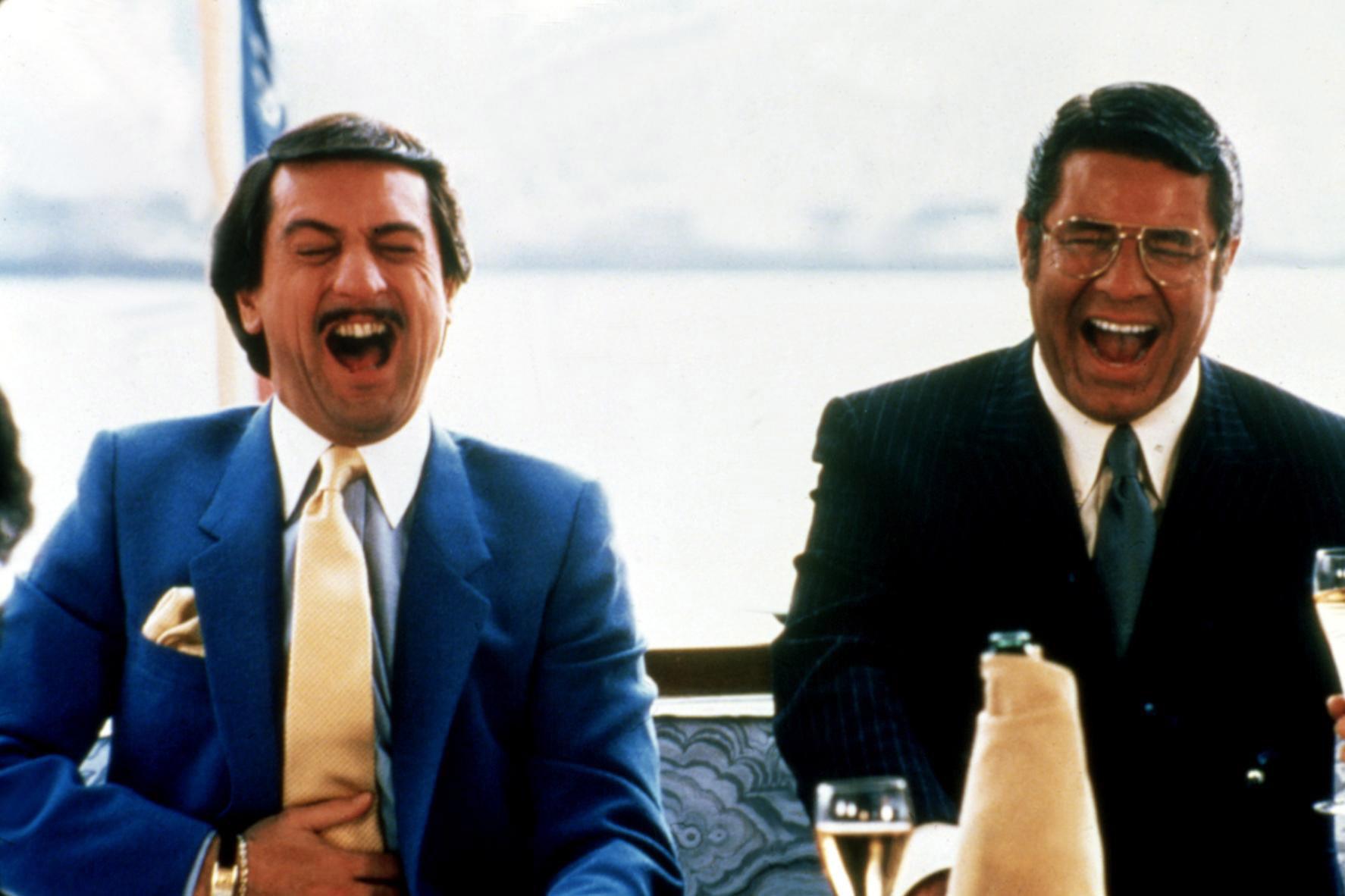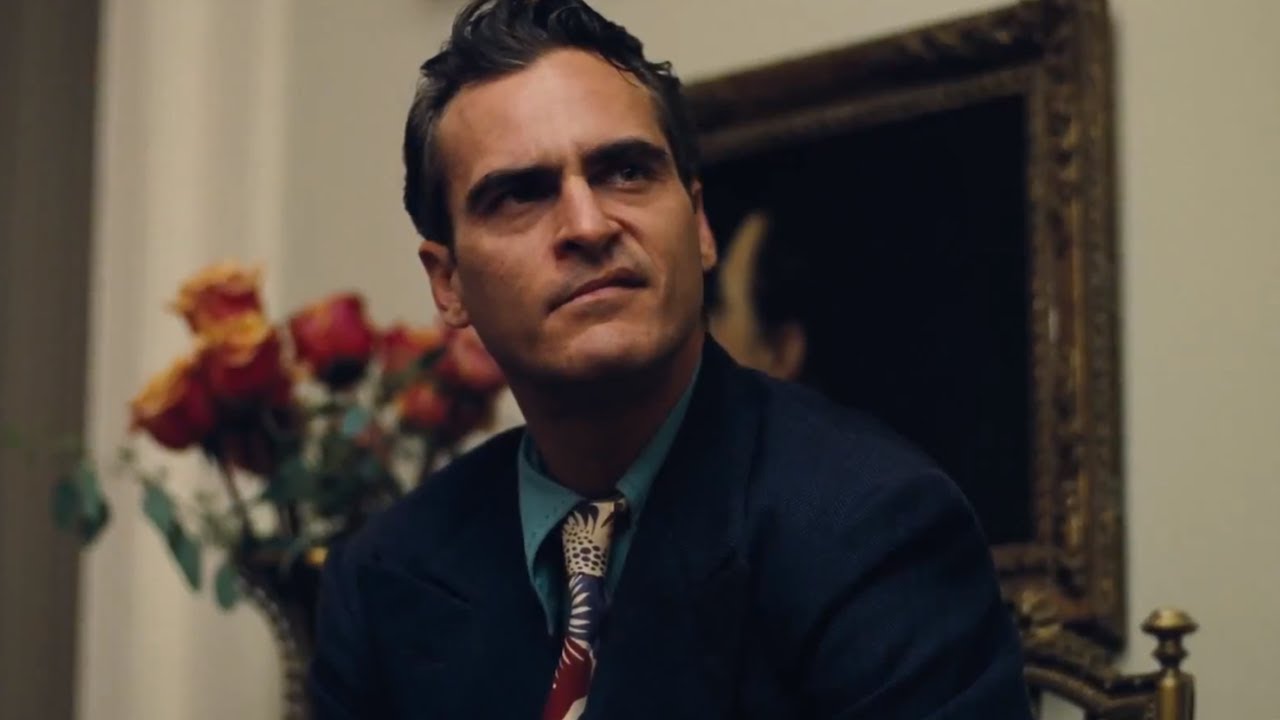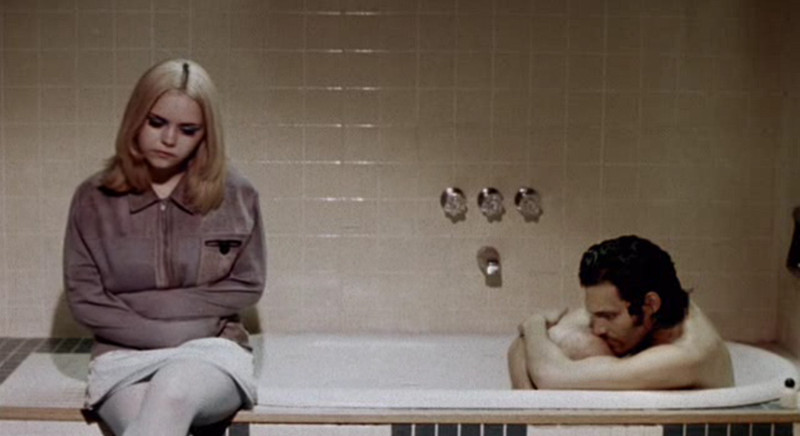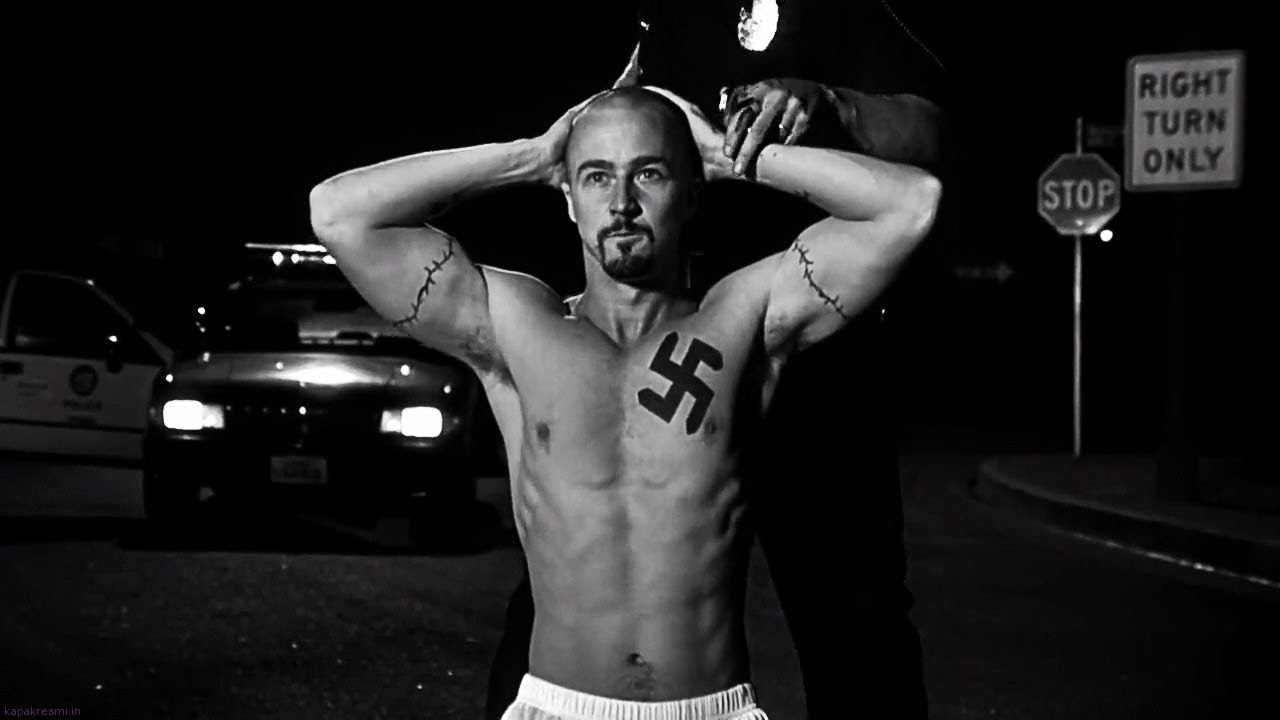Many films (and TV shows, especially these days) revolve around an antihero – a character who is, shall we say, lacking in your typical heroic qualities. Some, such as Borat, Dirty Harry, and Jeff “The Dude” Lebowski, to name just a few, are oddly likable despite their flaws. The ones on this list are not those people.
Ranging from the merely annoying to the just plain evil, the characters here – all of whom are protagonists in their respective films – are unsympathetic in numerous ways. That’s not to say the films themselves are bad – several are actually quite brilliant – but many of these are not easy to watch because it’s simply impossible to root for their protagonists in the way we’re accustomed to doing.
Now, there are frequently mitigating factors to take into account, some of which are beyond the control of these characters and thus not their fault. Addictions, mental illnesses, and traumatic or tragic backstories are often seen in characters of this type. These elements help explain, though not necessarily excuse, the obnoxious, cruel, or antisocial behavior they exhibit.
That said, sometimes none of these factors is present, and we’re simply left with someone who is inexplicably awful, and not even in a manner we can enjoy vicariously. The distinction is significant, as some villainous characters, from Heath Ledger’s Joker to Gollum to Darth Vader to Hannibal Lecter, are, despite their actions, fun to watch. The twisted souls on this list, on the other hand… well, it’s often with a mixture of fascination and revulsion that we stick it through to see what happens to them.
NOTE: The characters below are ranked according to how UNLIKABLE they are, which isn’t necessarily proportional to the nature or degree of their actions.
25. Ronnie Barnhardt – Observe and Report (2009)
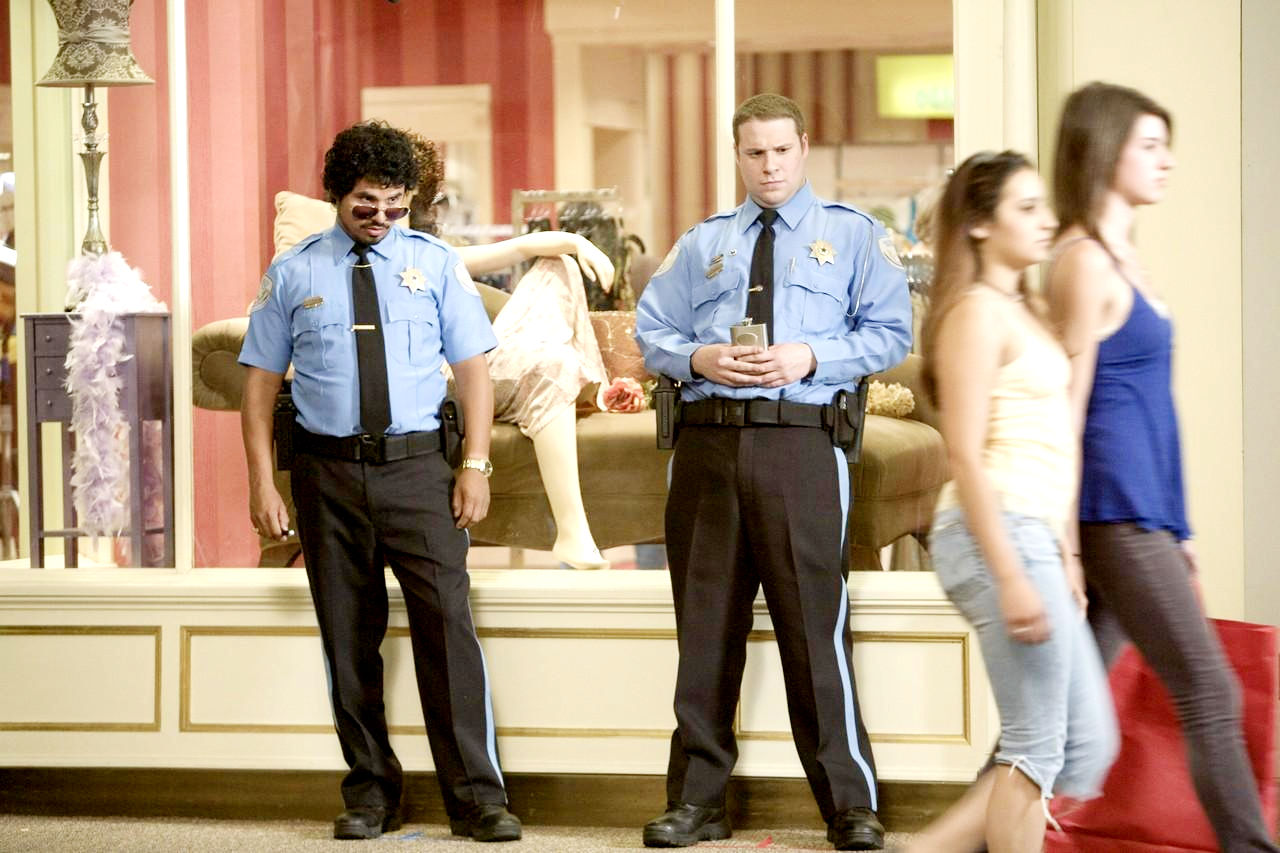
Though Observe and Report may appear similar on the surface to the family-friendly Paul Blart: Mall Cop released the same year, the two films could not be more different in tone. Jody Hill’s R-rated dark comedy centers on a deluded, narcissistic mall security guard played by Seth Rogen who could almost certainly be diagnosed with a mental illness (to the film’s credit, a later plot point acknowledges this honest truth).
It’s a departure for Rogen, whom audiences are used to identifying with as a loveable goof, and who subverts expectations here as a man who takes his job way too seriously and is quick to anger.
The film’s most shocking moment, in which Ronnie date-rapes Brandi, the ditzy make-up counter girl played by Anna Faris, caused some controversy upon the film’s release, though the scene’s punchline delivers one of the film’s biggest laughs, albeit horrified ones. Is the joke in bad taste? Definitely. Offensive? Depends on the viewer. One thing’s for sure at least: this ain’t Paul Blart.
24. Llewyn Davis – Inside Llewyn Davis (2013)
Chronicling a bleak week in the life of a struggling fictional folk singer played by Oscar Isaac, this Coen brothers film is a study in pathos and the reality of trying to make a living as an artist. The T Bone Burnett-produced soundtrack is fantastic, and the production design perfectly captures the look of Greenwich Village in the early 1960s, but this is not a fun film to watch.
While Isaac gives an earnest and even brilliant performance as the title character, Llewyn Davis is not an easy guy to like. He’s prickly, highly protective of his work, and frequently lashes out at those around him. His behavior isn’t tough to understand – after all, his pregnant ex-girlfriend (Carey Mulligan) hates him and wants an abortion, his former singing partner has committed suicide, and he’s forced to carry around his neighbor’s cat after it escapes from its apartment.
The film’s dreary color palette seems to be a match for Llewyn’s temperament, making this a film that, while definitely worth checking out, is unlikely to leave you in much of a good mood.
23. Willie T. Stokes – Bad Santa (2003)
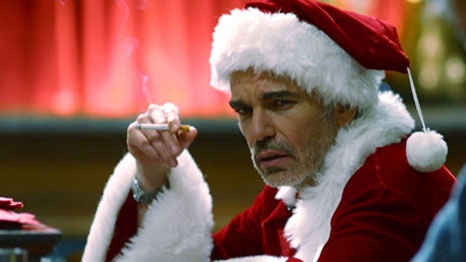
The film that seems to have kicked off the latest Hollywood trend in lazy titling (Bad Teacher, Bad Grandpa, Bad Words, etc.) is also the finest of the bunch. Billy Bob Thornton is appalling (in the best possible way) as a professional thief who annually masquerades as a department store Santa in order to break into mall vaults with his elf-impersonating dwarf co-conspirator, Marcus (Tony Cox).
Constantly drunk, horny, foul-mouthed, and exhibiting not even the slightest amount of self-respect, Willie isn’t even good at his cover job since he hates children. His only redeeming quality is his talent at cracking a safe, and while his attempts to instill confidence in a weird overweight kid with poor social skills are slightly commendable, he still makes the worst role model since Adam Sandler in… well, anything, actually.
With the highest amount of profanities spoken in any Christmas movie, this hilariously inappropriate dark comedy from director Terry Zwigoff is the ideal viewing choice for anyone tired of the typically wholesome holiday fare.
22. Jordan Belfort – The Wolf of Wall Street (2013)
The first character based on a real person on this list, Jordan Belfort may seem harmless on the outside, but make no mistake, the man is a textbook sociopath. Played with relish by an Oscar-nominated Leonardo DiCaprio, Belfort gleefully narrates his life story, describing with no shortage of detail how much money he makes and the debauchery he spends it on.
Criticized by some as excessive in both its bladder-challenging length and in its unrestrained depiction of all kinds of contemptible behavior, this Martin Scorsese film is – as adapted from Belfort’s own memoir – an ode to hedonism in all its extremes. The scoundrel of the title consumes illegal drugs and has sex with prostitutes at a rate hitherto unseen in modern cinema, never apologizing for any of it.
The film is definitely over-the-top, but at the same time, that’s precisely the point. By refusing to tone down the nature of Belfort’s lifestyle, Scorsese succeeds in outraging the viewer. The relatively light sentence Belfort ultimately receives for his company’s unlawful actions only makes the smug former stockbroker even more disgusting and worthy of condemnation.
21. Rupert Pupkin – The King of Comedy (1983)
Another Scorsese antihero, Robert De Niro’s aspiring stand-up comic would be sympathetic if he weren’t so insane. Delusional to the point of kidnapping his idol, Jerry Langford (a perfectly-cast Jerry Lewis), Rupert Pupkin’s unorthodox pursuit of stardom makes this film – though comedic – uncomfortable to sit through from beginning to end.
Of course, Pupkin’s stalker friend played by Sandra Bernhard doesn’t come off much better, though her lunacy does perhaps make our protagonist look slightly less crazy by comparison. Rest assured, however – the two are clearly certifiable.
An underrated entry in Martin Scorsese’s filmography (and not even the last of his on this list), The King of Comedy remains a startling look at what the most unhinged among us are willing to do in the name of achieving fame, and as such, is simultaneously disquieting yet utterly compelling viewing.
20. Freddie Quell – The Master (2012)
While many found this film to be tedious, enigmatic, and tough to understood, there can be no doubt that it looks amazing and boasts impressive performances all around (hence its three Oscar nominations for acting).
Joaquin Phoenix stars as a belligerent and alcoholic horndog who latches onto the dubious teachings of Lancaster Dodd (Philip Seymour Hoffman), a self-proclaimed writer/doctor/physicist/philosopher who is clearly inspired by Scientology founder L. Ron Hubbard. Constantly drunk, hotheaded, and nevertheless improbably drawn to the charismatic Dodd, Phoenix’s Freddie Quell is not a character we’re meant to relate to easily.
This is probably Paul Thomas Anderson’s most divisive film, having left some unfulfilled and confused and others awestruck by its supposed genius. More controversial in the end for its wildly divergent critical reception than its predicted veiled takedown of Scientology, The Master is a mysterious, challenging film that needs to be seen to be discussed, though few are likely to argue that its protagonist offers much in the way of audience surrogacy.
19. Billy Brown – Buffalo ’66 (1998)
Say what you will about the always-provocative Vincent Gallo – his feature film directorial debut, which he also co-wrote and stars in, is as fascinating as it is unconventional. Gallo plays Billy Brown, an angry, erratic man who, upon being released from prison for a crime he didn’t commit, immediately kidnaps a random dance student named Layla (Christina Ricci) so she can pose as his wife when he visits his parents in Buffalo.
Throughout the ordeal, which Layla strangely submits to with barely any resistance, Billy is thoroughly unpleasant, continually threatening and verbally abusing her. As the film goes on, of course, we gain insight into how he became this way, not that that excuses any of his conduct.
It’s a rare movie kidnapping whose motive is neither sexual nor financial, and we can at least take solace in the fact that for all his bluster, Billy never tries to take advantage of his victim (by the film’s end, it’s closer to the other way around, in fact). It’s definitely not your average crime movie, and the protagonist is barely sympathetic, but the story it tells is unique, involving, and ultimately rewarding.
18. Derek Vinyard – American History X (1998)
This is a tricky one. Few main characters change as drastically as Edward Norton’s neo-Nazi skinhead in this harrowing drama from director Tony Kaye. The film tells dueling narratives, the black-and-white one detailing Derek’s life as part of a white supremacist movement and his subsequent time in prison, and the color section taking place in the present, in which Derek attempts to convince his younger brother, Danny (Edward Furlong), not to go down the same path of hate.
Norton’s go-for-broke, Oscar-nominated performance is both scary and heartbreaking, showing how easily the right set of circumstances can make someone slip into the destructive world of organized race-based violence, and the devastating consequences those choices can have on everyone around him.
And while Derek does genuinely try to redeem himself after his transformative time in prison, it’s in many ways too late, as he is reminded every time he looks in the mirror and sees the enormous swastika still tattooed on his chest.
It’s not easy for us to forget how Derek used to be either, his actions seared into our collective memories forever (if anything, the film can be credited with introducing audiences to the concept of the “curb stomp”). But in the end, maybe that’s the point, and it shouldn’t be quickly forgotten.
